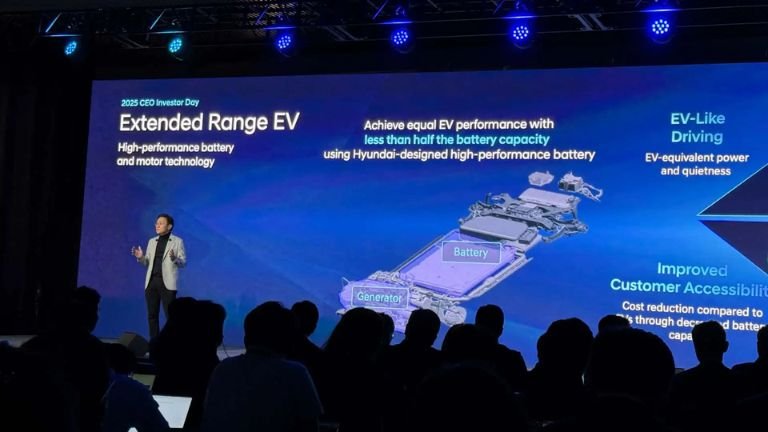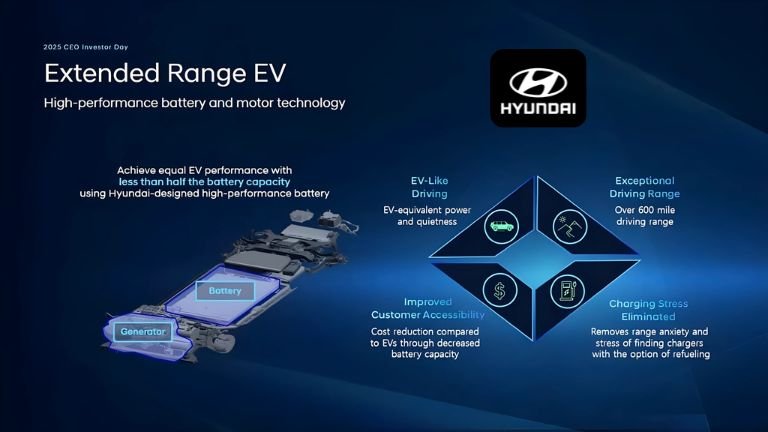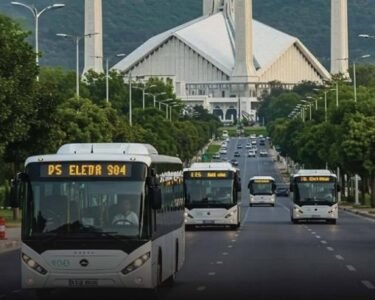Hyundai Motor Company is preparing to take a bold step in the electric-vehicle space with its first Hyundai Extended Range EV models. Under CEO José Muñoz, the Korean automaker is blending old and new technologies to solve one of the biggest barriers to EV adoption: range anxiety. Instead of simply scaling up battery sizes, Hyundai will add a small gas engine to recharge the battery on the move, allowing for far longer journeys without worrying about charging infrastructure.
Bringing Extended-Range EVs to Larger Vehicles
Hyundai plans to launch its first extended-range electric vehicles (EREVs) in 2027, joining brands such as Scout Motors, Ram, Ford and several Chinese automakers already exploring this technology. Unlike plug-in hybrids, where the gas engine drives the wheels, EREVs are true electric vehicles — the engine only serves as a generator to top up the battery. This approach gives owners an “EV-like” driving experience while offering much more usable range. Hyundai is targeting around 600 miles on a single charge-plus-refuel cycle, using a smaller battery than its conventional EVs.
You might also like: How Nissan’s New ProPilot Aims to Rival Tesla Autopilot
The focus will be on bigger models such as SUVs, pickups and potentially crossovers, reflecting the driving habits of American and other long-distance customers. “We see them more useful for larger vehicles, because basically, you remove your range anxiety,” Muñoz said at a recent media briefing. Day-to-day commuting will still be done on electric power, but weekend getaways and long road trips will no longer depend on finding a working charger.

Two-Pronged Strategy for Range Anxiety
Hyundai’s move into Hyundai Extended Range EV models complements its broader charging strategy. The company is a partner in the Ionna network to expand fast-charging access and is adopting the Tesla-style North American Charging Standard (NACS) plug from the factory. For customers who still crave long-distance flexibility, EREVs add another layer of reassurance.
While Hyundai hasn’t confirmed specific models for its EREV platform, industry speculation points to possible pickup trucks or extended-range versions of the Santa Fe and Genesis GV70. By entering this space, Hyundai positions itself alongside other automakers betting on EREVs to win over customers who want big, capable electric vehicles without the massive batteries.
If successful, Hyundai’s approach could accelerate the mainstream adoption of extended-range electric technology and provide a bridge to a fully electric future as charging networks mature.






